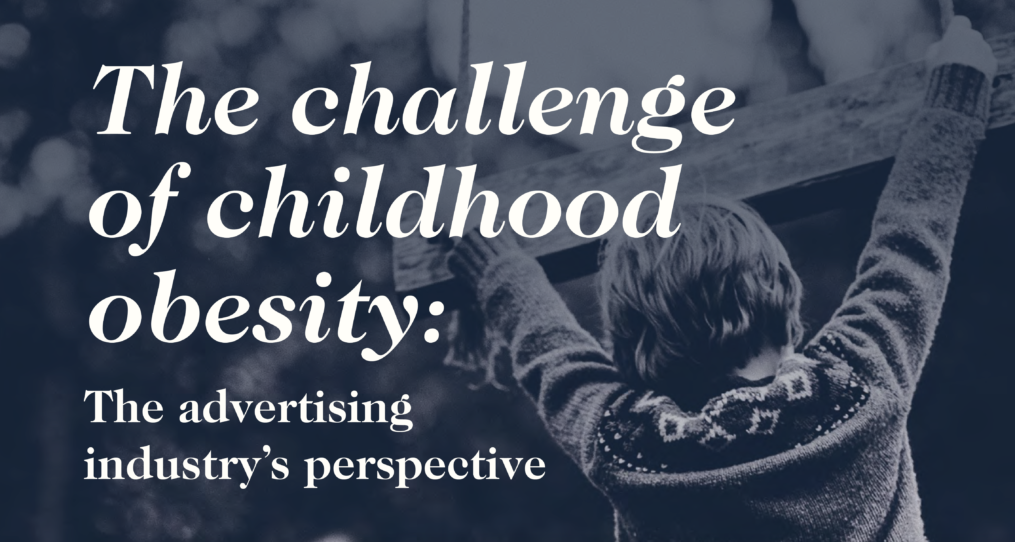Already a member? Sign in below

In July the Government unveiled a raft of proposals to tackle obesity, including a 9pm watershed on HFSS advertising on TV and online (with the intention of going further online with a total ban); a ban on ‘buy one get one free’ deals for such products; and calorie labelling on menus and labels for alcohol. In view of these proposals, the AA’s report on The Challenge of Childhood Obesity: The advertising industry’s perspective offers a relevant and topical perspective on the question of obesity and advertising.
The report recognises obesity is a serious problem, impacting the health, well-being and life outcomes of the nation’s children. But findings show this is a complex social issue, with child obesity levels strongly affected by lifestyle and geography. It also notes that while obesity rates have continued to climb in the UK, children’s exposure to HFSS advertising has dramatically reduced over recent years. The average child sees around 11.5 seconds of HFSS advertising on TV and online a day – amounting to 0.01% of their day.
The report goes on to highlight that:
The definition of HFSS includes many every-day staple ingredients, many of which do not appeal to children, including stock cubes, oils and condiments. Furthermore, the ban could mean that Christmas dinners could not appear on TV before 9pm, nor could local takeaways advertise their curries or fish and chips to local consumers online.
We expect the consultation on a full online ban to be published soon, and also expect a response to the Government’s own consultation from last year on the 9pm watershed aspect of the proposals which showed that the proposed measure on TV would cut a mere 1.7 calories per day from children’s diets, the equivalent of half a smartie.
Already a member? Sign in below
If your company is already a member, register your email address now to be able to access our exclusive member-only content.
If your company would like to become a member, please visit our Front Foot page for more details.